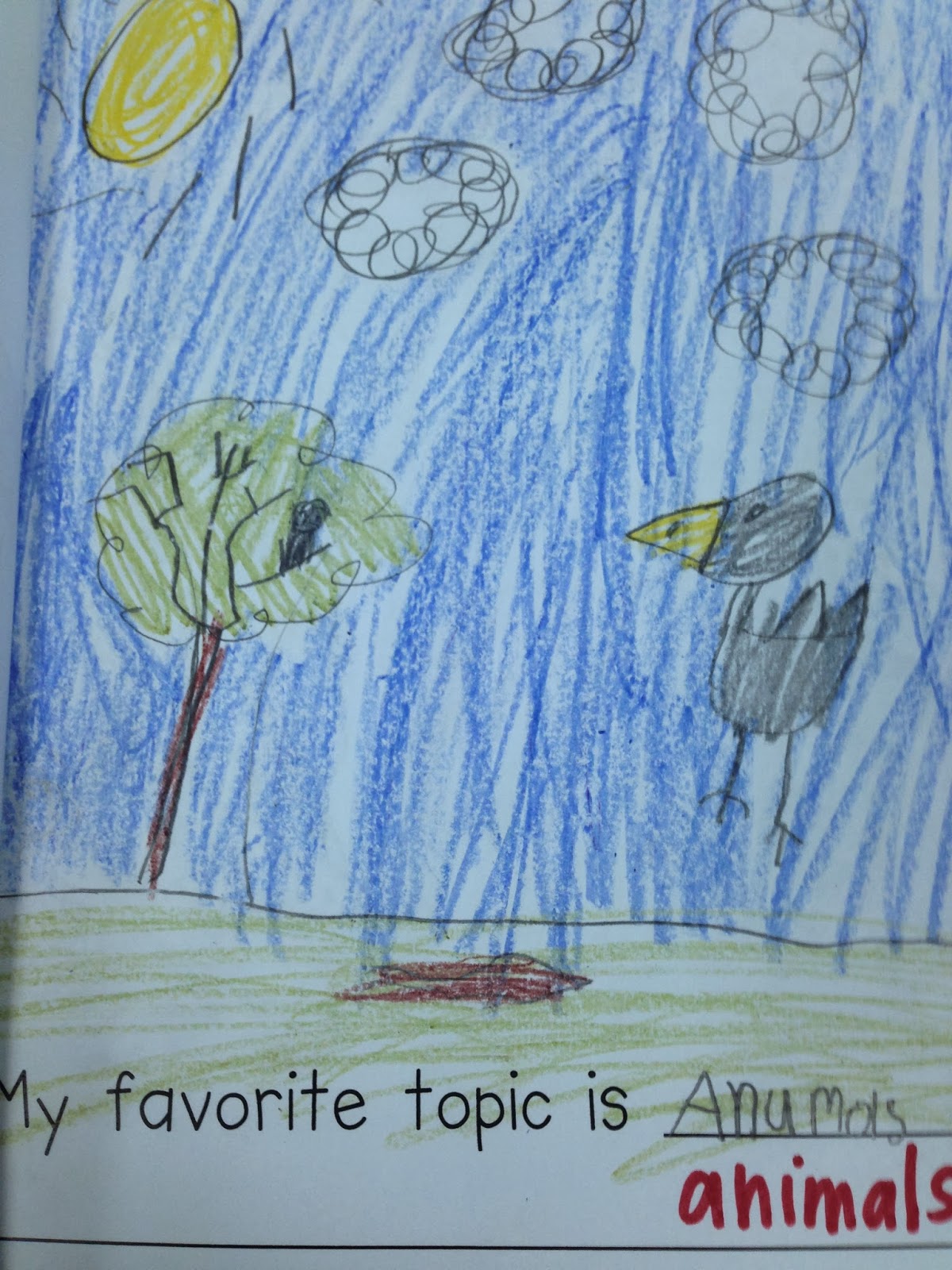

This helped me in choosing the backgrounds, the costumes and generally with directing and my work with the director of photography. I have synesthesia: a sensory association which means I perceive colours in relation to sounds. In the end the music from the original score only featured a little in the film, but it served as a kind of tool, a crutch for the actors finding their intentions for their roles. It was a fantastic lesson in empathy, above all for the discs for the female characters. That exercise changed the way in which I comprehend the question of point of view in writing. What did you learn during the course of making this film?īefore the shoot, I created an original soundtrack in four albums written from the point of view of the four main characters in the film. They took Lingala lessons to make the local actors feel less inhibited, with the aim of growing the scenes together as a group. They are the most experienced actors in the project. Marc Zinga and Lucie Debay formed a kind of couple with one mind on screen, where one would finish the other’s sentences. It’s like a way of distinguishing ourselves from our leaders. Considering the political tensions between our two countries, I think it’s a great triumph to have a Rwandan actress in a film which takes place in the Democratic Republic of Congo. The idea was not to make her Congolese, but to let her find her place, like Eliane Umuhire, who is Rwandan. We rehearsed with her a huge amount on her accent and her language tics, which she managed to erase. Yves Marina Gnahoua is a fabulous actress, she comes from the theatre and carries the film with her magnetic presence: her energy on set is contagious. That was the starting point of Augure, which I wrote the first version of straight away, in eight weeks, isolated from the world in that feverish state. I consider myself an atheist, but there is no doubt that the singing of the funeral prayer sweeps away the songs of beliefs and religions.

Then that’s exactly what they did, and more besides: they enabled me to cry with them, so that our tears were mixed together and didn’t betray my reticence, They cry and I cry in reaction to them, I allow myself to do it and that is liberating, like a rush of fever. I said to myself: “ They can’t cry instead of me”. It was a violent moment: it was lame and chaotic, but also liberating.

I think I will remember my whole life the hazy state I was in the next day, still stunned by the logorrhea of false, cathartic tears from the professional mourners my family sent to attend the night of mourning. What was the starting point of your film?


 0 kommentar(er)
0 kommentar(er)
